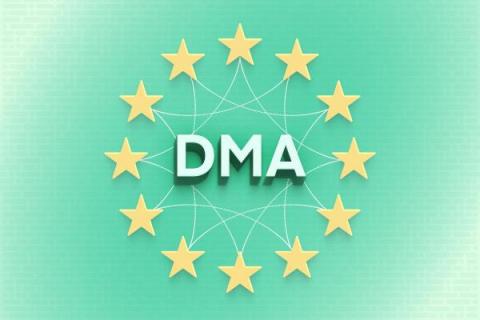The UK's Online Safety Bill undermines everyone's safety
As a UK-headquartered company, we’re perhaps the most concerned of all the companies signing the open letter that urges the UK government to radically rethink the Online Safety Bill. As currently drafted the Bill forces messaging services to break their end-to-end encryption by implementing third party scanning of decrypted content, completely undermining the security that end-to-end encryption offers.











